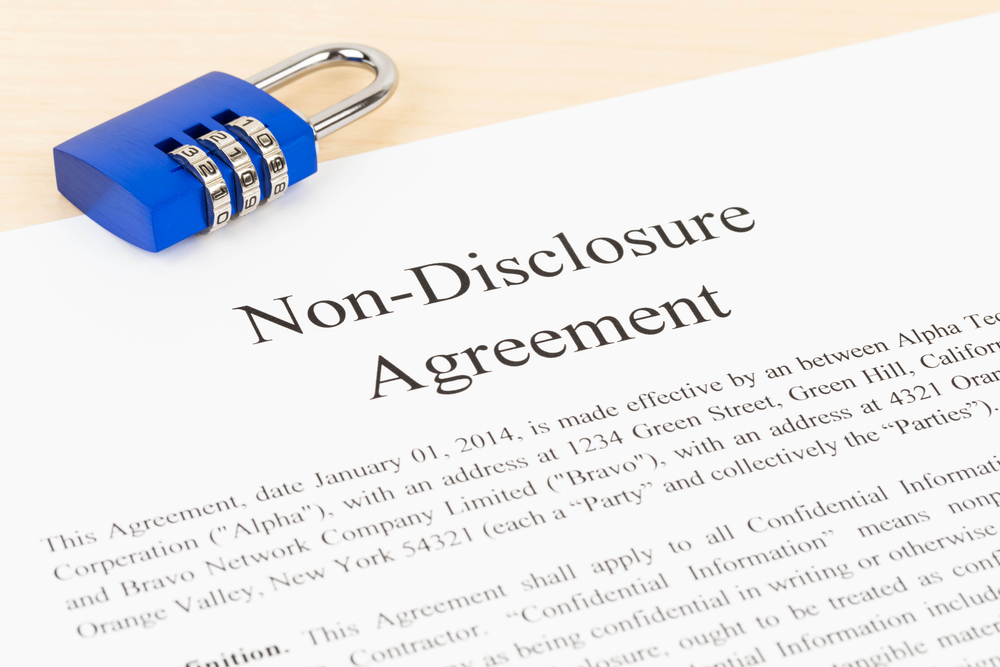Nondisparagement and nondisclosure agreements can let harassment fester, ABA warns

The ABA is calling for an end to nondisclosure and nondisparagement agreements in employment contracts that “limit an employee’s ability to disclose information underlying claims of workplace harassment, discrimination or statutory workplace rights violations.” (Image from Shutterstock)
The ABA is calling for an end to nondisclosure and nondisparagement agreements in employment contracts that “limit an employee’s ability to disclose information underlying claims of workplace harassment, discrimination or statutory workplace rights violations.”
The House of Delegates voted in favor of Resolution 508 on Monday at the ABA Annual Meeting.
Nondisclosure agreements are contract clauses preventing employees from disclosing specific types of information about their employer. Nondisparagement agreements don’t allow employees to speak badly about their employer—even if what they reveal is true.
According to the report accompanying the resolution, more than one-third of employees in the United States are currently bound by an NDA. Awareness of the use of these agreements has increased significantly since 2018, when the #MeToo movement emerged. Currently, 18 states have passed laws restricting the use of NDAs.
In 2022, President Joe Biden signed the Speak Out Act into law. The Speak Out Act makes nondisclosure and nondisparagement agreements entered into prior to a sexual assault or sexual harassment dispute unenforceable.
“Prohibiting nondisclosure and nondisparagement clauses will empower survivors to come forward, hold perpetrators accountable for abuse, improve transparency around illegal conduct, enable the pursuit of justice, and make workplaces safer and more productive for everyone,” the Speak Out Act stipulates.
Follow along with the ABA Journal’s coverage of the 2024 ABA Annual Meeting here.
The delegates urged federal, state, local, territorial and tribal governments to enact laws prohibiting these agreements as conditions of employment and chose to include every form of harassment and discrimination when it comes to NDAs, not just sexual discrimination and harassment.
“I urge that we extend this to all protected statuses: It’s all kinds of harassment,” said Kay H. Hodge, a delegate from the Tort Trial and Insurance Practice Section.
The report also cited examples of where NDAs potentially harming employees. For example, according to a lawsuit brought against restaurateur Mike Isabella, his employees were forced to sign an NDA, and breaking it would lead to a $500,000 penalty per breach.
Resolution 508 was submitted by the Section of Civil Rights and Social Justice and co-sponsored by the Coalition on Racial and Ethnic Justice, the Commission on Disability Rights, the Commission on Sexual Orientation and Gender Identity and the Commission on Hispanic Legal Rights and Responsibilities.
Write a letter to the editor, share a story tip or update, or report an error.



